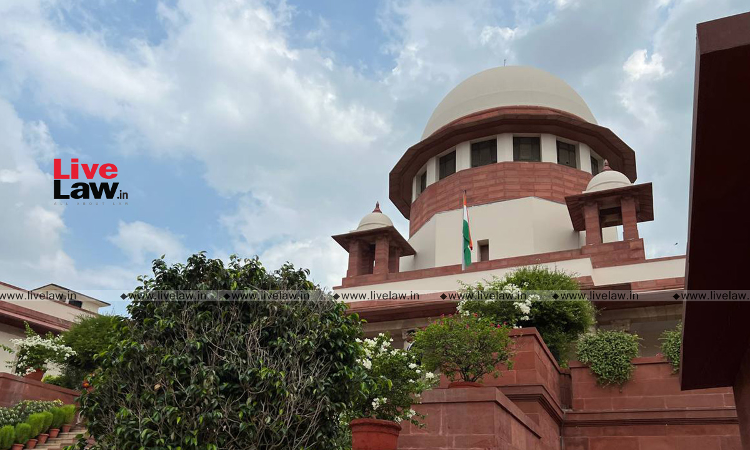Time Limit Specified In Agreement Can't Be Ignored While Allowing Specific Performance : Supreme Court
Ashok KM
30 Sept 2022 5:40 PM IST

Next Story
30 Sept 2022 5:40 PM IST
The Supreme Court observed that time limit(s) specified in the agreement cannot be ignored altogether by the Court while excercising its discretition to grant specific performance.In this case, the defendant executed an agreement of sale in favour of the plaintiff for sale of the suit property. The agreement of sale provided that in the event the permission from the ULC Authorities was...
